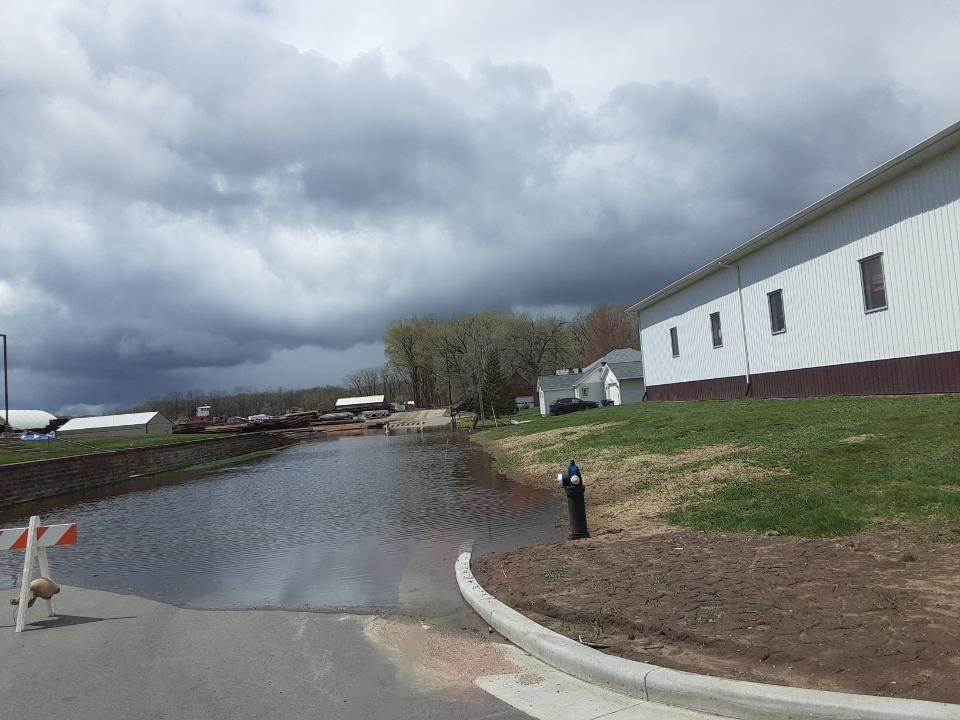Two Wisconsin leaders in climate research and advocacy say that the Trump administration’s cancellation of a federal contract that supports the National Climate Assessment, a report released every four years on the state of climate change in America, could affect disaster readiness at the state and local level.
Earlier this month, the Trump Administration canceled staffing contracts with ICF International, the consulting firm that makes up the bulk of staff support for the government agency tasked with drafting the National Climate Assessment.
Dan Vimont is a professor of Atmospheric and Oceanic Sciences at the University of Wisconsin-Madison. On WPR’s “Wisconsin Today,” he spoke about the repercussions of cuts to climate change research.
News with a little more humanity
WPR’s “Wisconsin Today” newsletter keeps you connected to the state you love without feeling overwhelmed. No paywall. No agenda. No corporate filter.
“Thermometers don’t care who’s in office,” Vimont said. “By undercutting our ability to monitor and assess the current state of our world, we are disadvantaging ourselves economically, and we’re disadvantaging ourselves in our national security as well.”
The staff cuts come alongside the Trump administration slashing the budgets and staff of multiple federal agencies.
Last month, President Donald Trump said he hopes to cut the Environmental Protection Agency’s budget by 65 percent. And the National Oceanic and Atmospheric Administration, which monitors weather patterns, is facing a $1.3 billion cut to its research and operating budget.
Like Vimont, Tony Wilkin Gibart, executive director of Midwest Environmental Advocates, is concerned by the cuts. Wilkin Gibart’s organization litigates on behalf of environmental protection groups in Wisconsin.
He said a diminished assessment could directly harm local governments by limiting their ability to predict which areas are likely to be hardest hit by climate disasters like flooding in the coming decades.
“The kind of cuts we’re talking about is not about a disagreement in how much to invest in renewable energy or whether we should be reducing greenhouse gas emissions,” Wilkin Gibart said. “These cuts go to the heart of preparedness and planning.”






